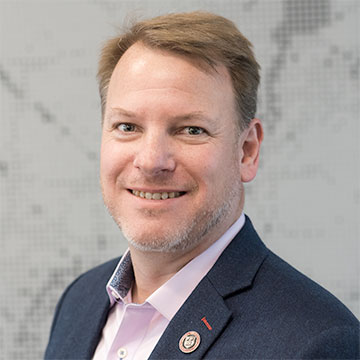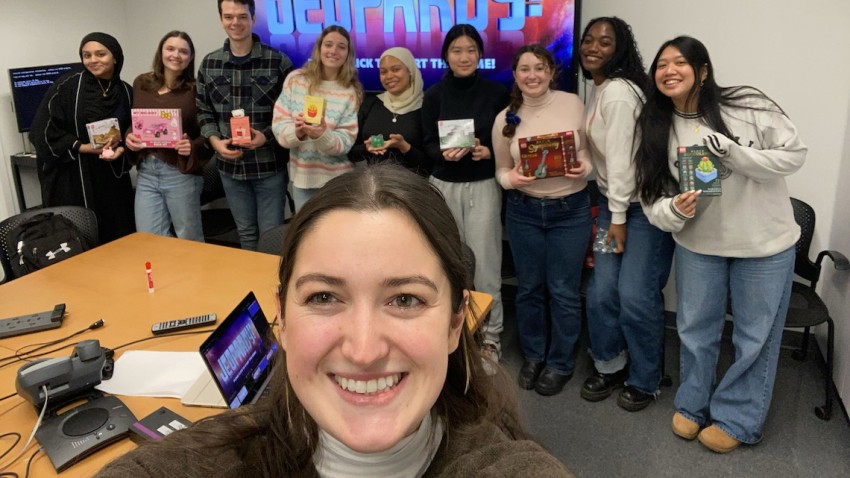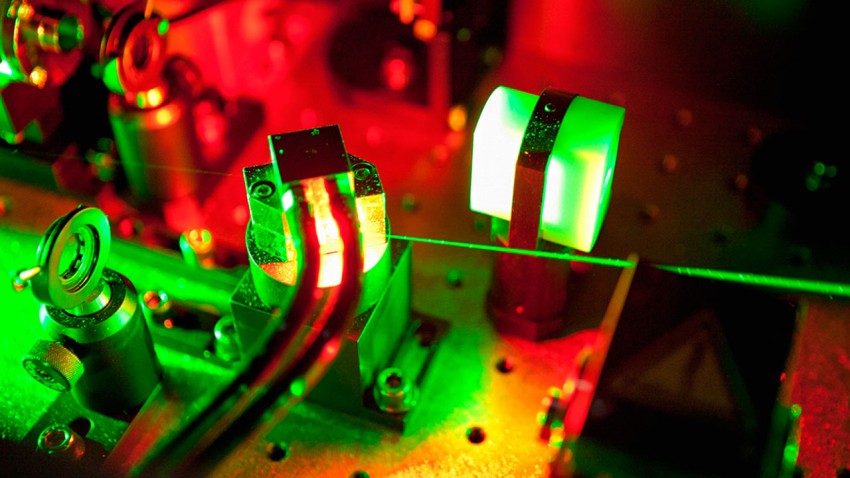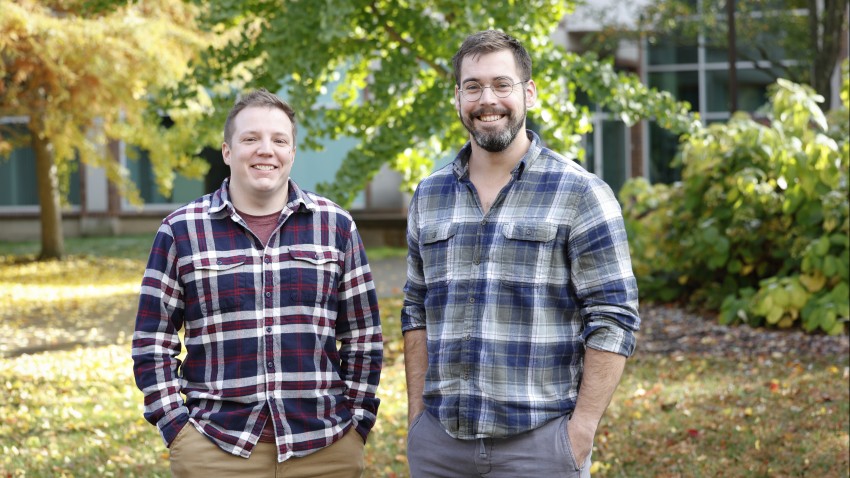Biography
Chris B. Schaffer is a professor in the Meinig School of Biomedical Engineering at Cornell University. He received his undergraduate degree in physics from the University of Florida and his Ph.D. in physics from Harvard University, where he worked with Eric Mazur. As a postdoc at the University of California at San Diego, Chris worked with David Kleinfeld in the physics and neuroscience programs. His lab at Cornell develops advanced optical techniques that enable quantitative imaging and targeted manipulation of individual cells in the central nervous system of rodents with the goal of identifying interactions among cells that cause neurological disease. One area of current focus is the role of brain blood flow disruptions in the development of Alzheimer's disease. Prof. Schaffer is also active in developing novel educational strategies to teach science as a dynamic process for discovery. These approaches are used in outreach settings in middle and high-school science classes as well as in his undergraduate and graduate level courses. Chris also has a strong interest in science policy and spent a sabbatical in Washington, DC, working as a science policy advisor for Senator Edward Markey in the United States Congress.
Prof. Schaffer's lab develops and uses advanced optical techniques to observe and manipulate in vivo biological systems, with the goal of constructing a microscopic-scale understanding of normal and disease-state physiological processes in the central nervous system. The scientific questions the lab addresses center principally on elucidating the cellular-scale interactions that lead to brain cell dysfunction in neurological diseases. The lab develops novel optical methods that enable these problems to be attacked in ways not previously possible, and because many critical research questions involve interactions among different components of an organism (e.g. effect of altered blood flow on brain cell health) the focus is almost exclusively on in vivo approaches. In summary, the Schaffer lab's efforts center on in vivo experiments investigating the cellular dynamics that underlie neurological disease, supported by the development of novel optical techniques. The lab studies animal models of a variety of neurological diseases, including microvascular stroke, Alzheimer's disease, spinal cord injury, and epilepsy. Much of my the lab's work focuses on developing an understanding of the role of cortical microvascular lesions in neurodegenerative disease, and the lab is a leader in the critical effort to determine the mechanisms by which occlusions or hemorrhages in small cortical blood vessels lead to the neuronal damage and neuroinflammation that may drive loss of cognitive function. In exciting new work, the lab is beginning to elucidate the pathways by which cortical microvascular dysfunction interacts with and exacerbates Alzheimer's disease. In addition, the lab has launched several new research directions in the last few years that center on other neurological conditions, such as spinal cord injury and epilepsy.





